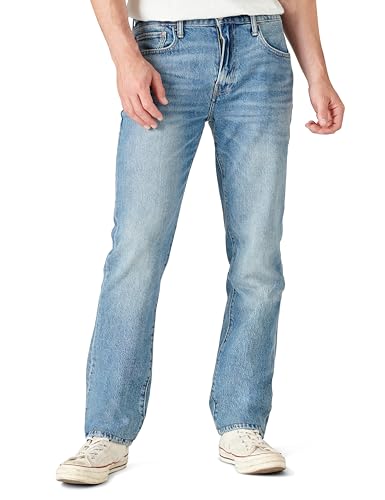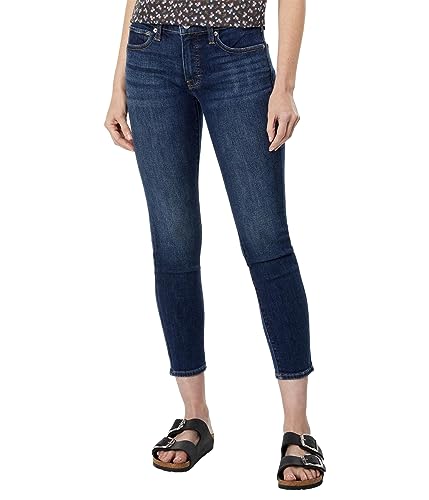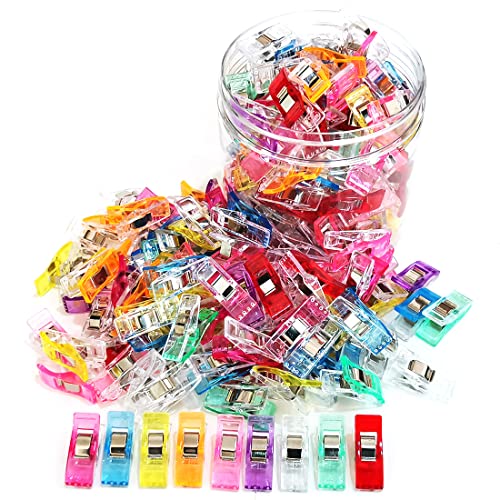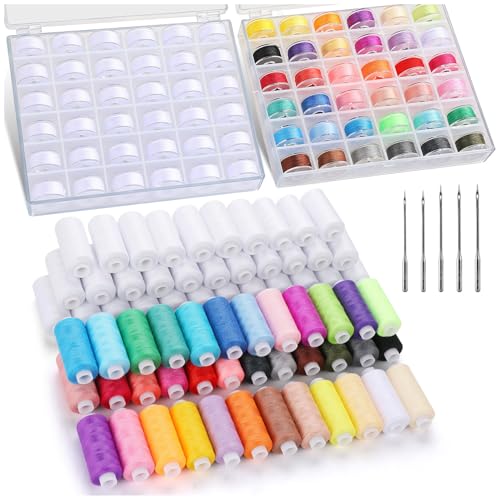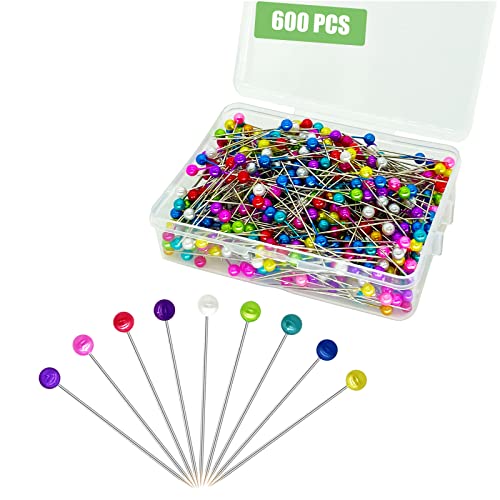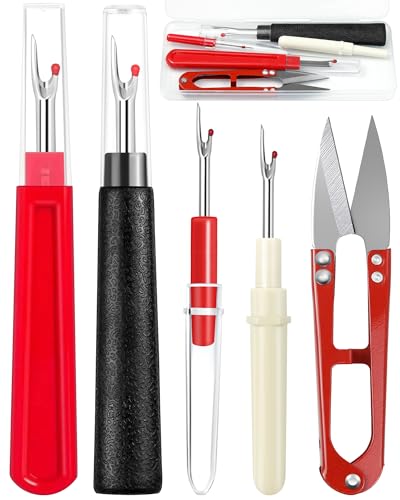I’ve always loved the versatility and timeless style of denim. There’s something special about transforming a pair of jeans into a unique piece that reflects your personality. Whether you’re customizing for fit or adding your own flair, starting with the right fabric makes all the difference.
In my quest for the perfect DIY project, I’ve explored numerous denim brands that offer quality and durability. From classic blues to trendy fades, the best denim brands provide a fantastic foundation for any creative endeavor. Let’s dive into my top picks that will help you create jeans you’ll adore.
Top Denim Brands for DIY Jeans
Choosing the right denim brand ensures your DIY jeans project succeeds. I’ve selected top brands known for their durability and style.
Levi’s
Levi’s provides high-quality denim perfect for customization. Their 501 model features riveted construction, offering a strong foundation for alterations. Available in multiple washes and fits, Levi’s supports diverse DIY styles.
Wrangler
Wrangler stands out with its robust and comfortable denim. The Ripstop and Retro lines offer resistant fabrics, ideal for detailed embroidery or significant modifications. With various colors and fits, Wrangler caters to a wide range of customization preferences.
Lee
Lee combines flexibility with durability, making it ideal for DIY projects. Their relaxed fit and pre-washed finishes simplify the customization process, allowing easy adjustments and embellishments. Lee’s extensive size range ensures a perfect fit for any design.
Factors to Consider When Choosing Denim
Selecting the right denim is crucial for successful DIY jeans projects. Here are key factors to keep in mind:
Fabric Weight
Denim fabric weight determines the garment’s durability and comfort. Lightweight denim (8-10 oz) suits spring and summer projects, offering ease of movement. Medium-weight denim (10-12 oz) provides a balance between comfort and sturdiness, ideal for year-round wear. Heavyweight denim (12-16 oz) ensures maximum durability, perfect for rugged styles and extensive alterations.
Fit and Stretch
Understanding the fit and stretch of denim enhances customization. Non-stretch denim offers rigidity, ideal for structured designs and precise alterations. Stretch denim contains elastane, providing flexibility and comfort, suitable for form-fitting styles. Assess the cut—slim, straight, or relaxed—to match your design vision and ensure ease of modification.
Color and Wash Options
Color and wash influence the jeans’ aesthetic and versatility. Raw denim presents a deep, rich color that fades uniquely with wear, ideal for classic looks. Pre-washed denim offers various finishes like stone wash or distressed, reducing shrinkage and easing customization. Colored denim expands creative possibilities, allowing vibrant or subtle hues to complement your design.
| Factor | Considerations | Examples |
|---|---|---|
| Fabric Weight | Lightweight (8-10 oz), Medium (10-12 oz), Heavy (12-16 oz) | Spring skirts, All-season jeans, Rugged workwear |
| Fit and Stretch | Non-stretch for structure, Stretch for flexibility | Structured jackets, Form-fitting leggings |
| Color and Wash | Raw, Pre-washed (stone, distressed), Colored | Classic indigo, Faded blue, Black denim |
Choosing the right denim based on these factors ensures your DIY jeans project meets both functional and aesthetic goals.
Comparing Quality and Durability
Stitching and Construction
I examine each brand’s stitching techniques and construction methods to ensure longevity. Levi’s uses double-stitched seams on stress points, enhancing durability for frequent wear. Wrangler incorporates reinforced bar tacks and sturdy thread, ideal for intricate DIY alterations. Lee offers flat-felled seams that prevent fraying, providing a clean finish and robust structure. These stitching practices ensure that customized jeans withstand regular use and creative modifications.
Fade Resistance
I consider how each denim brand holds up to washing and wear over time. Levi’s indigo dye maintains rich color through multiple washes, allowing for natural fading patterns. Wrangler’s Ripstop line resists color loss, keeping modifications vibrant longer. Lee’s pre-washed fabrics offer consistent fade resistance, making them reliable for diverse custom projects. Evaluating fade resistance helps me choose jeans that retain their appearance while developing a unique, personalized look.
Pricing and Availability
Budget-Friendly Options
For DIY projects on a tighter budget, Wrangler Ripstop offers denim around $40 per pair, balancing cost and quality. Lee’s relaxed fit jeans are typically priced between $30 and $50, providing durable fabric suitable for customization. Additionally, Uniqlo’s denim collection ranges from $35 to $60, presenting versatile options for various modification techniques. These brands are widely available online through their official websites, major retailers like Amazon, and in-store at outlets such as Target and Walmart, ensuring easy access for all DIY enthusiasts.
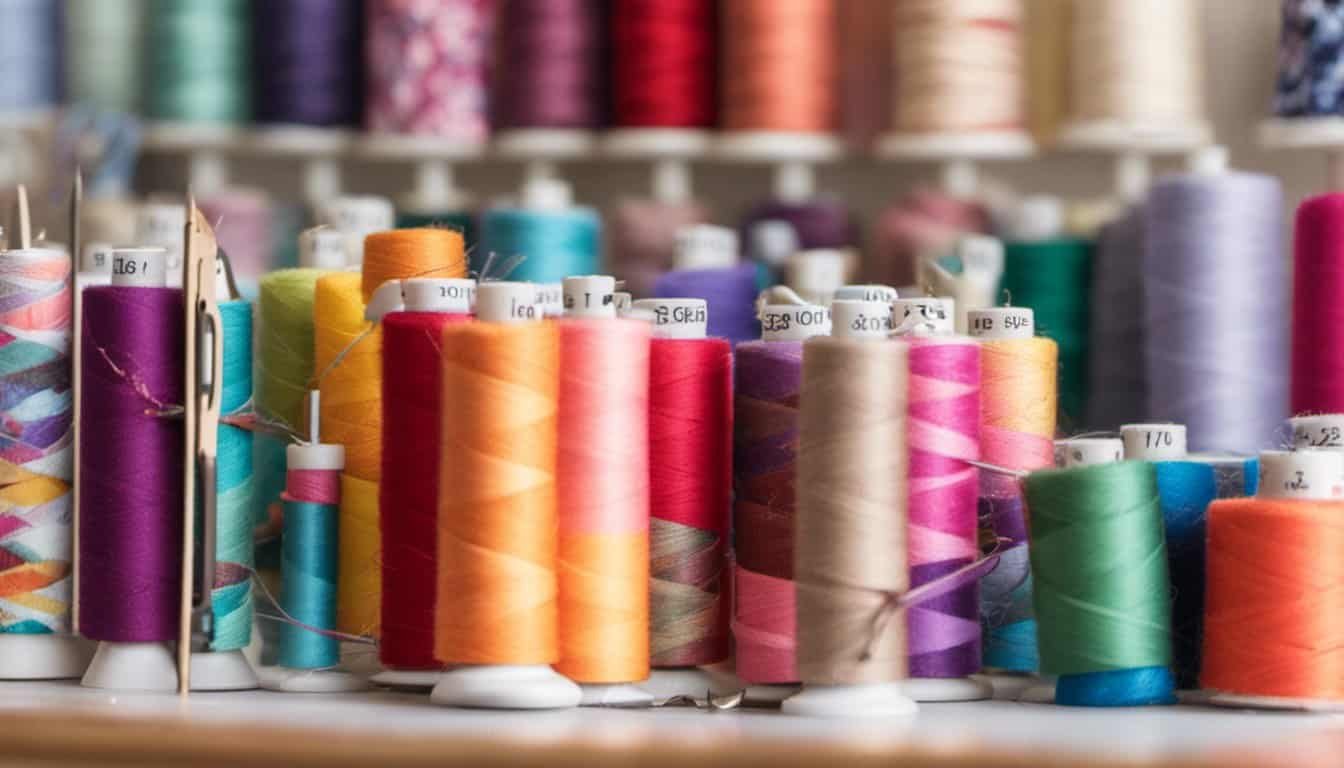
Premium Denim Choices
If investing in higher-quality denim, Levi’s Vintage line features jeans priced between $80 and $150, renowned for their superior fabric and lasting durability. AG Jeans offers premium options ranging from $120 to $200, known for their tailored fits and extensive color washes. Nudie Jeans provide organic denim priced around $140 to $180, appreciated for their sustainable practices and robust construction. These premium brands are accessible through their dedicated online stores, upscale department stores like Nordstrom, and specialty boutiques, catering to DIYers seeking top-tier materials for their custom jeans projects.
Tips for Selecting the Best Denim for Your DIY Projects
- Choose the right fabric weight: Lightweight denim (10-12 oz) is perfect for spring and summer projects, offering ease of movement. Medium-weight denim (12-14 oz) provides versatility for year-round wear, while heavyweight denim (14-16 oz) ensures durability for rugged designs.
- Consider fit and stretch: Non-stretch denim maintains structure, ideal for tailored alterations and intricate stitching. Stretch denim adds flexibility, allowing for comfortable, form-fitting creations that move with you.
- Select appropriate color and wash: Raw denim offers a timeless, customizable fade over time. Pre-washed denim delivers a consistent look from the start, reducing shrinkage and easing alterations. Colored denim introduces unique hues, enabling creative and standout designs.
- Assess fade resistance: High-quality indigo dyes retain color through multiple washes. Look for denim labeled with fade-resistant treatments to ensure your custom jeans maintain their appearance longer.
- Examine construction quality: Strong stitching techniques, such as double-stitched seams or reinforced bar tacks, enhance the longevity of your DIY jeans. Inspect the durability of seams and edges to ensure your projects withstand regular wear.
- Set a budget and check availability: Determine your price range before selecting denim brands. Brands like Wrangler and Lee offer budget-friendly options, while Levi’s and AG Jeans provide premium quality. Ensure your chosen denim is readily available through online retailers or local stores for easy access.
Conclusion
Choosing the right denim brand makes all the difference in bringing your DIY jeans to life. I love how each brand offers something unique letting you express your personal style. Whether you’re going for classic Levi’s durability or Wrangler’s sturdy feel there’s a perfect base for every project.
Experimenting with different brands has been a fun journey for me. Watching my jeans transform with each tweak is incredibly satisfying. The key is to start with quality denim that matches your vision. I encourage you to explore these brands and see which one sparks your creativity.
Happy customizing and enjoy making your own pair of standout jeans!


